Redeemed Jew and Gentile - One in the Jewish Messiah
NOW AVAILABLE IN BOTH AUDIO AND WRITTEN FORMATS
To listen to message press arrow key below
Ephesians 2 and 3 are foundational support beams for Yahveh’s holy temple. Paul’s powerful words, written almost two thousand years ago, are foundational in our holy walk with our Savior. His words apply to all Gentiles who throughout the centuries have embraced the Messiah of Israel. “Therefore remember, that formerly you, the Gentiles in the flesh, who are called “Uncircumcision” by the so called “Circumcision, (Jews)” … remember that you were at that time separate from Messiah, excluded from the commonwealth of Israel, and strangers to the covenants of promise, having no hope and without Yahveh in the world. But now in Messiah Yahshua you who formerly were far off have been brought near by the blood of Messiah” (Ephesians 2:11-13).
“For He Himself is our peace, who made both groups into one, and broke down the barrier of the dividing wall [of hostility] … that in Himself [by dying on the stake] He might make the two into one new man, thus establishing peace, and might reconcile them both in one body to Yahveh through the cross, by it having put to death the enmity. And He came and preached peace to you [Gentiles] who were far away, and peace to those [Israelites] who were near …” (Ephesians 2:14-17)
“So then you are no longer strangers and aliens, but you are fellow citizens with the [Jewish] saints, and are of Yahveh’s household [Israel], having been built upon the foundation of the [Jewish] apostles and prophets, Messiah Yahshua Himself being the corner stone, in whom the whole building, being fitted together is growing into a holy temple in Yahveh; in whom you also [Jews and Gentiles] are being built together into a dwelling of Yahveh in the Spirit” (Ephesians 2:19-22).
The highest and purest praise should continually resound from the lips of all humble and grateful redeemed Gentiles as they remember their origins. Once they were hopeless aliens, having no place with the God of Israel, His people, and His promises. Paul was aware of human nature, which can cause us to forget, as pride and self-righteousness grow back as a foreskin over the heart. Paul’s ministry to the Gentiles was to present them as a pure acceptable sacrifice to Messiah, with circumcised hearts. He said, “For I am jealous for you with a godly jealousy; for I betrothed you to one husband, to present you as a pure virgin [undefiled by sin and the flesh’s desires for the world] to Messiah [Christ]” (2 Corinthians11:2). With this concern for Gentile believers, Paul continues his admonition by sharing with them the mystery of Messiah: “…which in other generations was not made known to the sons of men … to be specific, that the Gentiles are fellow heirs [together with Israel] and fellow members of the body, and fellow partakers [with Israel] of the promise in Messiah Yahshua through the gospel …” (Ephesians 3:5-6).
That Gentiles would turn to the God of Israel and be saved was prophesied in the Old Testament; that they also would become equal with believing Jews, united together as one new man, was unexpected. It is important to note that although this “mystery” was not totally revealed to the Hebrew prophets, it was prophesied that Gentiles would be mercifully blessed to worship the God of Israel. Paul continues: “To me … this grace was given, to preach to the Gentiles the unfathomable riches of Messiah, and to bring to light what is the administration of the mystery which for ages has been hidden in Yahveh, who created all things …” (Ephesians 3:8-9).
This great apostle to the Gentiles was a Jewish Pharisee. He was intimately familiar with the Old Testament Scriptures. No doubt he reflected on the words of Isaiah, Jeremiah, and Zechariah, who spoke of a day when the Gentiles would be granted an eternal place together with the children of Israel.
“Let not the foreigner [Gentile] who has joined himself to Yahveh say, “Yahveh will surely separate me from His people.” … For thus says Yahveh … “foreigners who join themselves to Yahveh, To minister to Him, and to love the name of Yahveh, To be His servants…And holds fast My covenant; Even those I will bring to My holy mountain, And make them joyful in My house of prayer. …” (Isaiah 56:3-7)
“And now says Yahveh, who formed Me from the womb to be His Servant [the Messiah], To bring Jacob back to Him, in order that Israel might be gathered to Him … He says, “It is too small a thing that You should be My Servant To raise up the tribes of Jacob, and to restore the preserved ones of Israel; I will also make You a light of the nations [Gentiles] So that My salvation may reach to the end of the earth.” (Isaiah 49:5-6)
Heirs Together With Israel
Many of the first Gentile believers remembered their isolation in the outer court of the temple in Jerusalem as they worshiped the Holy One from a distance. They longed to know and embrace the God of Israel. Yet in spite of their hearts’ desire, the fact remained that there was a spiritual dividing wall separating the Gentiles from the Almighty’s holy temple.
In the Court of the Gentiles, pious non-Jews could come and worship the God of Israel. That was as close as they could get, though, to the holy portions of the temple, for stern signs were posted upon every gate forbidding Gentiles to pass beyond their court under penalty of death. [ 1 see reference below]
Through Messiah’s blood, the separating wall was destroyed, and the redeemed Gentiles, circumcised in heart, became one with Israel and her God. All barriers were destroyed. Joy unspeakable, accompanied by humility and gratitude, was to be the perpetual safeguard over Gentile hearts. They were to remember His mercy and praise the Holy One of Israel for making them partakers together with Israel in the promised eternal blessings.
This is why Paul wrote: “For I say that Messiah has become a servant to the circumcision [the Jews] on behalf of the truth of God to confirm the promises given to the fathers, and for the Gentiles to glorify Yahveh for His mercy; as it is written, “Therefore I will give praise to Thee among the Gentiles, And I will sing to Thy name.” And again he says, “Rejoice, O Gentiles, with His people [Israel].” And again, “Praise Yahveh all you Gentiles, And let all the peoples praise Him.” (Romans 15:8-11) Let us all glorify Yahveh for His mercy!
References
1 Mitch and Zhava Glaser, The Fall Feasts of Israel (Chicago: Moody Press, 1987), p. 93. — “… there was a ‘Court of the Gentiles,’ with marble screen beautifully ornamented, bearing tablets which, in Latin and Greek, warned Gentiles not to proceed further …” Alfred Edersheim, The Life and Times of Jesus the Messiah (Grand Rapids: Wm. B. Eerdmans Publishing Co., 1971), p. 74.









